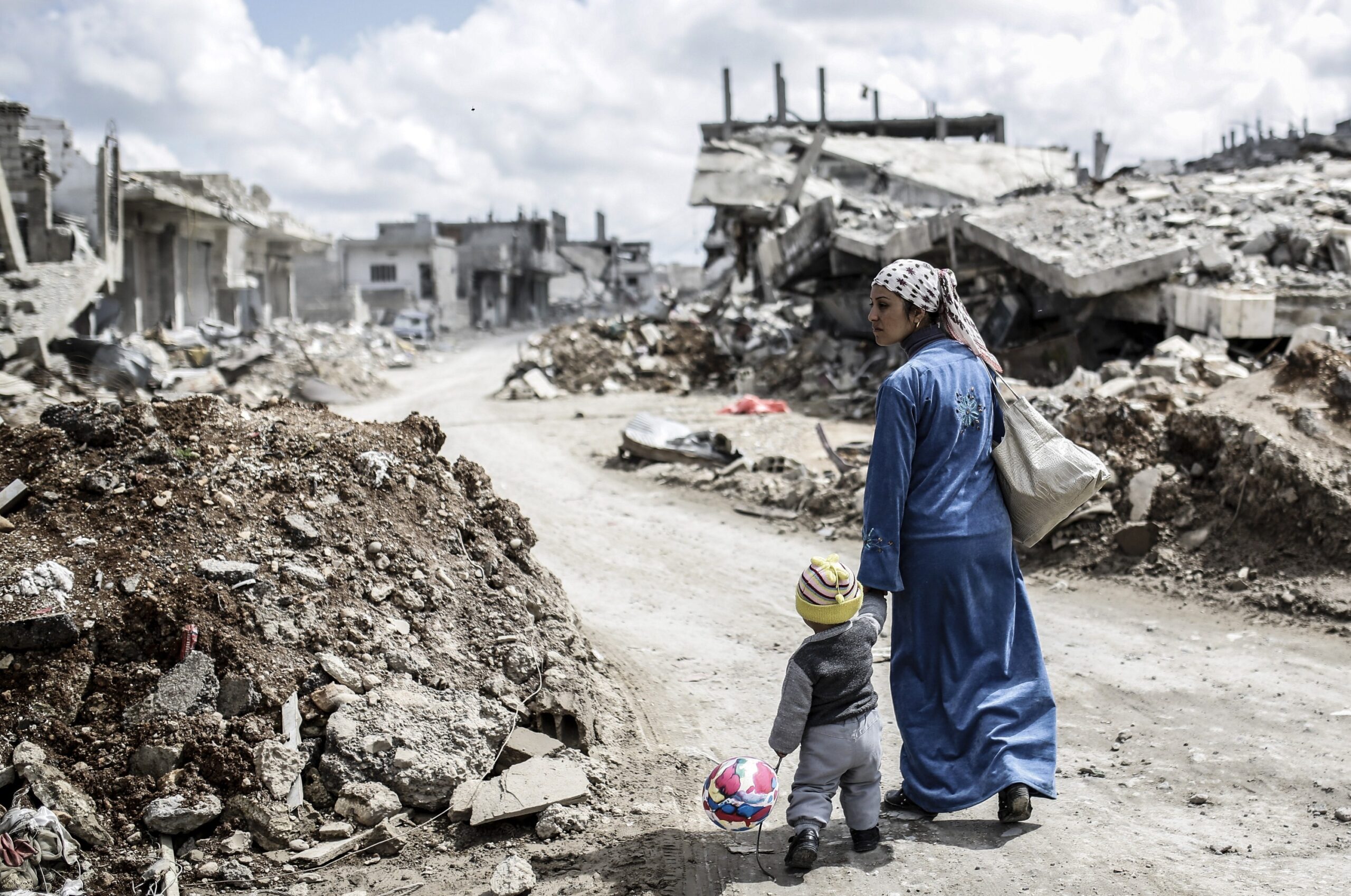
Table of Contents
Introduction to the Syrian Conflict
The Syrian conflict, now in its 13th year, has reached a dramatic turning point. Rebels have reportedly entered Damascus, signaling what some call the “end of an era.” This latest development follows years of devastating civil war that started as a peaceful uprising against President Bashar al-Assad in 2011.
Rebels Enter Damascus: A New Era?
For the first time, the Islamist group Hayat Tahrir al-Sham announced its forces were advancing into Damascus. This marks a significant shift in the conflict, as the rebels declared the “end of tyranny” after breaking into Sednaya prison, a symbol of the regime’s darkest abuses.
The rebel group’s recent capture of Homs, although denied by the Syrian defense ministry, paved the way for their move toward the capital. This has caused widespread panic among residents of Damascus, who have begun stocking up on supplies and withdrawing cash in preparation for what could be a prolonged period of uncertainty.
Bashar al-Assad’s Departure
President Bashar al-Assad reportedly left Damascus for an undisclosed location, leaving the city in turmoil. Prime Minister Mohammad Ghazi al-Jalali has hinted at the possibility of a peaceful power transition. However, the regime’s collapse seems inevitable as its key allies, including Hezbollah, withdraw their forces.
Shifting Alliances and Global Reactions
Allied groups such as Hezbollah and Iran-backed forces have begun retreating from their strategic positions around Damascus, potentially signaling the end of Assad’s 13-year reign. Meanwhile, global powers are expressing mixed reactions.
- Russia has condemned the possibility of a “terrorist group” taking over Syrian territory.
- Turkey, which backs some northern Syrian armed groups, emphasized that Syria is “tired of war and tears.”
- The United States, with President-elect Donald Trump, has remained distant, stating the country should “not get involved.”
Implications of the Rebel Advance
The fall of the Assad regime could lead to further destabilization in the region. Hayat Tahrir al-Sham, while claiming it has softened its extremist stance, remains controversial. Its future governance of Syria remains uncertain, with fears of potential human rights violations under its rule.
Conclusion
The developments in the Syrian conflict mark a potential turning point in the nation’s history. While the departure of Bashar al-Assad may bring an end to his era, the road ahead for Syria is uncertain. With shifting alliances and geopolitical tensions, the future of the region remains precarious. (Source credit: ndtv.com)




